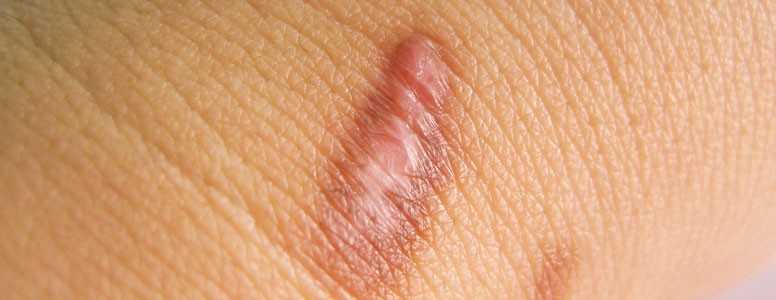German researchers report that a new discovery about diabetic wound healing could lead to the development of new treatment methods.
People with diabetes often find wounds heal slowly and poorly, and scientists at the University of Cologne aimed to investigate the underlying cellular mechanisms behind this.
It has previously been thought that high blood glucose levels in the blood damages vessels and neurons, leading to impaired immune function.
In this new study, the researchers observed that slowed insulin metabolism at the wound site directly affects neighbouring cells that are involved in wound healing.
Lead author Parisa Kakanj and colleagues examined the skin of larvae of the fruit fly Drosophila melanogaster. These flies have similar insulin metabolism to mammals because it has strongly conserved during evolution.
Using a precision laser, the researchers removed a cell from the remotest skin layer of the larvae and studied the effect this had on the neighbouring cells.
“Immediately after a skin injury, the neighbouring cells respond by forming an actomyosin cable,” explained Kakanj, who added that this protein cable forms a contractile ring around a wound. The ring then contracts, closing the gap caused by the injury.
“However, if insulin metabolism is impaired, as in our genetically modified flies, the cable is weaker and forms much later. This results in incomplete or slow wound healing,” said Kakanj.
“Our findings raise hope of a potential treatment for diabetics. In future, it may be possible to treat wound sites with drugs that locally activate insulin metabolism.”
The researchers are now collaborating with dermatology experts to assess how best this approach can be implemented in subsequent research.
The findings appear in the online journal Nature.
What's new on the forum? ⭐️
Get our free newsletters
Stay up to date with the latest news, research and breakthroughs.







